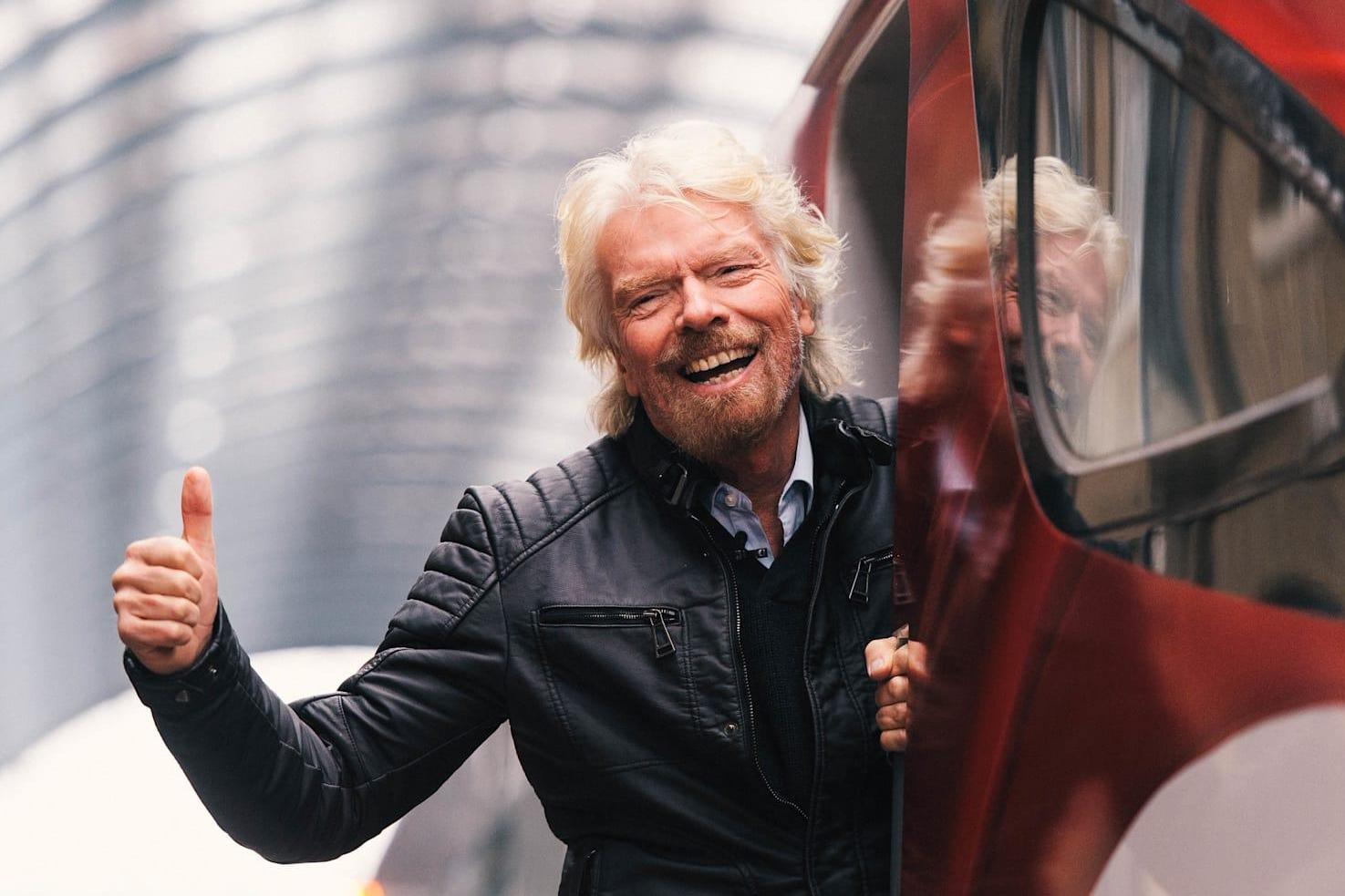If we bail out billionaires, the public must receive something in return
Brands can be tarnished too. What is happening in Virgin Media has nothing to do with what is happening in Virgin Money or Virgin Atlantic. But in brand terms it matters a great deal, writes Hamish McRae


Why on earth should taxpayers rescue billionaires who live in tax havens?
One of the things that happens in a crisis is that companies show their true colours. Some keep their staff on full salaries, while others lay them off. Some help their suppliers through the downturn, while others say bye bye. Some do their utmost to keep serving their customers, while others drop the ones that are least profitable. And some go running to governments for a bailout, while others dip into reserves and keep going.
So where does Sir Richard Branson’s Virgin group fit in on the scale of behaviour? He is seeking a bailout for Virgin Atlantic, Virgin Australia is under administration, Virgin Media is grappling with a massive outage in the UK, and Virgin Money has just halted its plans to shut branches. More generally, what are the wider lessons for the reputation of global enterprises?
There is a problem. Virgin is not really a group. From the distance it looks like a commercial empire ranging from airlines to finance to media, all run by Sir Richard from his hideout in the Caribbean, Necker Island. But it isn’t. Some bits he does control and these include Virgin Atlantic, though the US carrier Delta has a 49 per cent shareholding in it. Others he has a small stake in, including Virgin Money, which in turn owns Clydesdale Bank and Yorkshire Bank. And Virgin Media is really a branding operation, for it is part of Liberty Global, which has headquarters in London, Amsterdam and Denver, Colorado, and is the largest broadband internet provider outside the US.
Sir Richard’s genius has been to use his friendly, unstuffy, slightly naughty anti-establishment image to create a global brand that people respect. He has also, in the bits that he does control, been careful to hire good managers who in turn respect him. And he is brilliant at spotting opportunities where his brand image can create a new business or boost an existing one. Maybe Virgin Rail, having lost its franchise to run trains in the UK, will make a successful comeback by selling tickets online to compete with Trainline – which, by the way, was created by Virgin back in 1997 before being sold in 2006.
But there is a downside. Brands can be tarnished too. In business terms, what is happening in Virgin Media has nothing to do with what is happening in Virgin Money or Virgin Atlantic. But in brand terms it matters a great deal. It would be naive not to acknowledge that after all this, Virgin Money might be wise to keep the Clydesdale Bank and Yorkshire Bank brands rather than lump everything under the Virgin name. It had planned to do so by October this year.
I don’t think that the Virgin brand will become toxic. There is residual respect for the way in which Sir Richard’s enterprises have improved quality in competing businesses as well as improving services themselves. Look at the way British Airways had to lift its game after Virgin Atlantic launched. Or the way Trainline changed railway bookings. And users of the new West Coast Mainline seem to regret that Virgin lost the franchise there last year – there is a bit of “come back Virgin” on the reviews of its successor Avanti. As for the service problems of Virgin Media, that will be remembered, but the business is a booming one and will presumably lift its game.
Overall, the brand is damaged but I think it will survive. But the great sorting out of businesses that is taking place will create winners and losers, and the winners will be those that emerge with honour. Everyone recognises that some industries do need extra support. Travel and the hospitality business are top of that list. It is reasonable, however, that in exchange for public money, the public also gets a stake in the recovery. If we are to bail out billionaires, we should all make a profit from doing so.
Join our commenting forum
Join thought-provoking conversations, follow other Independent readers and see their replies
0Comments